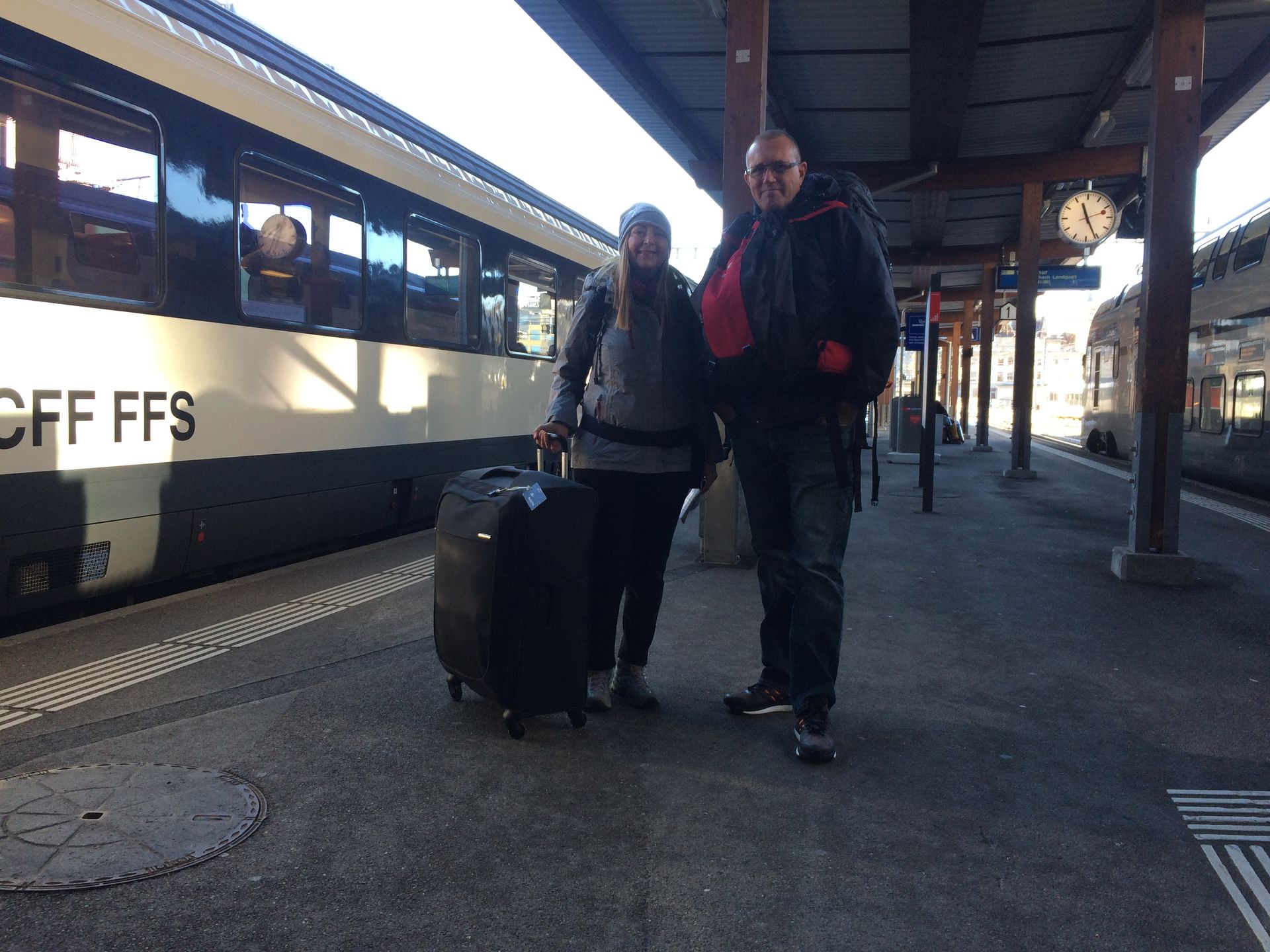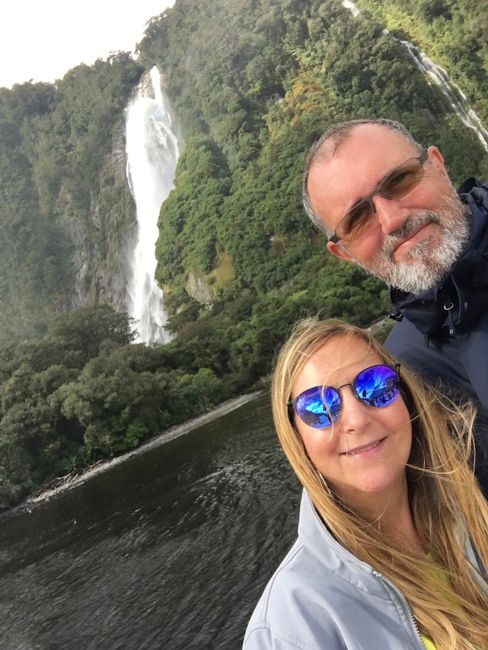On the way to Melbourne
Објавено: 05.01.2018
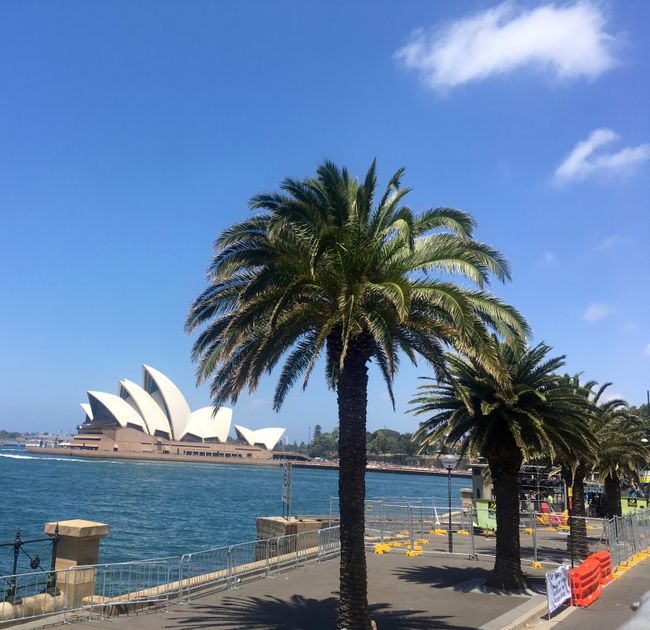
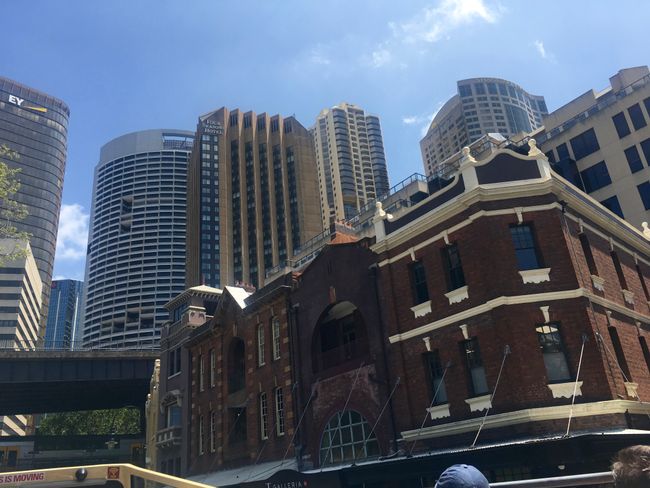
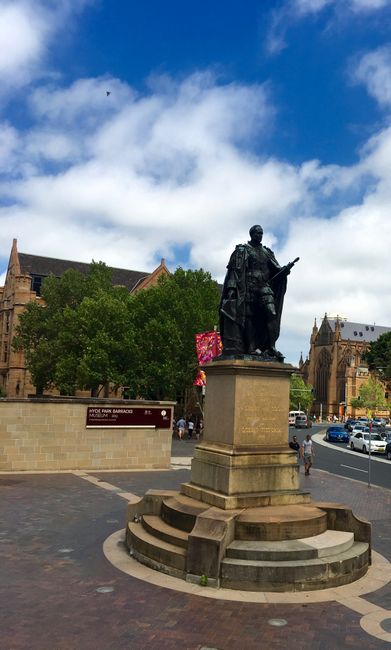
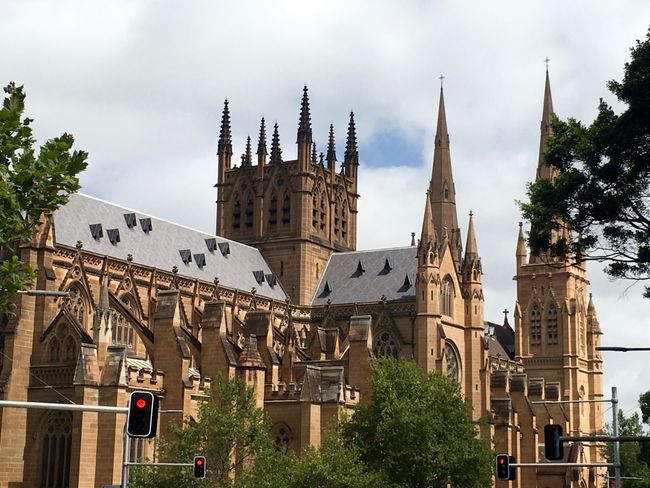
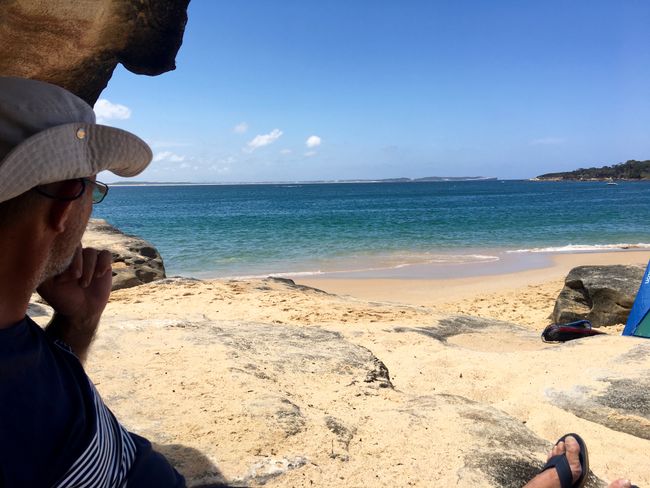
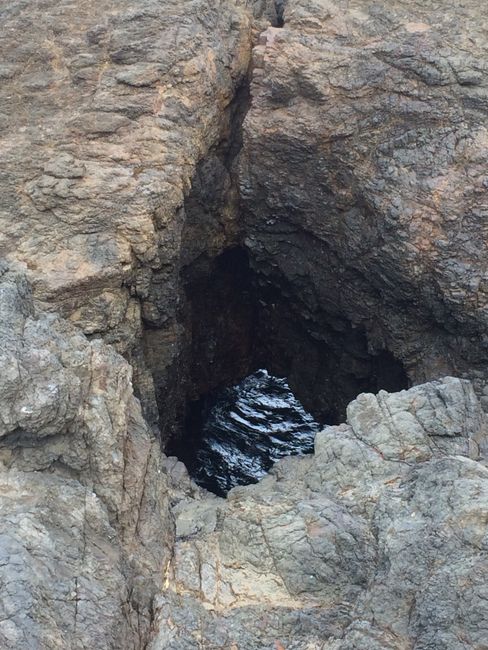
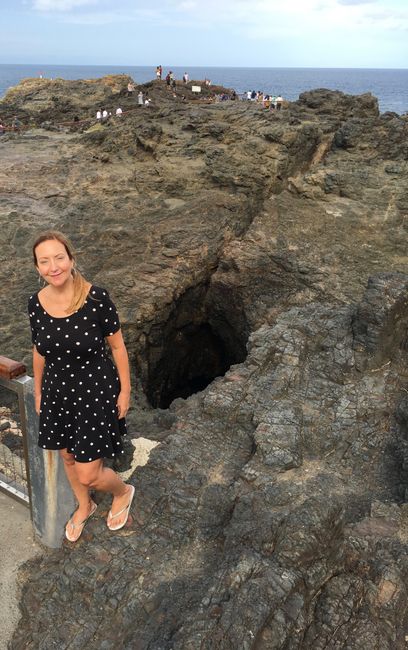
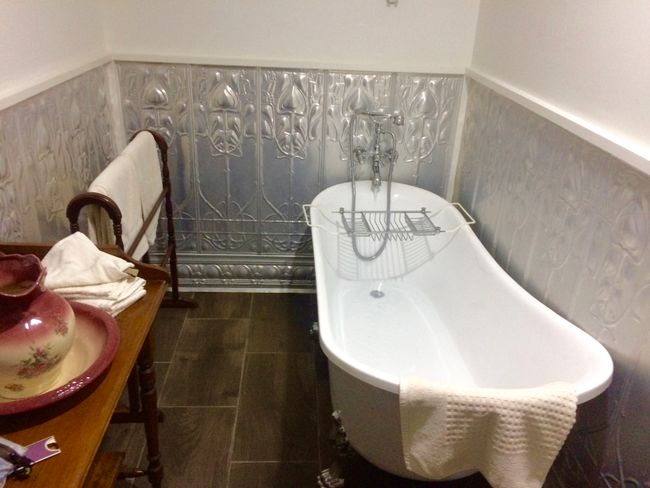
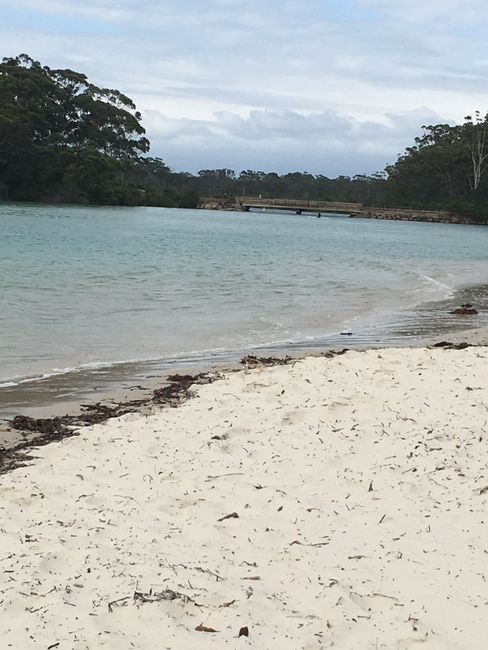
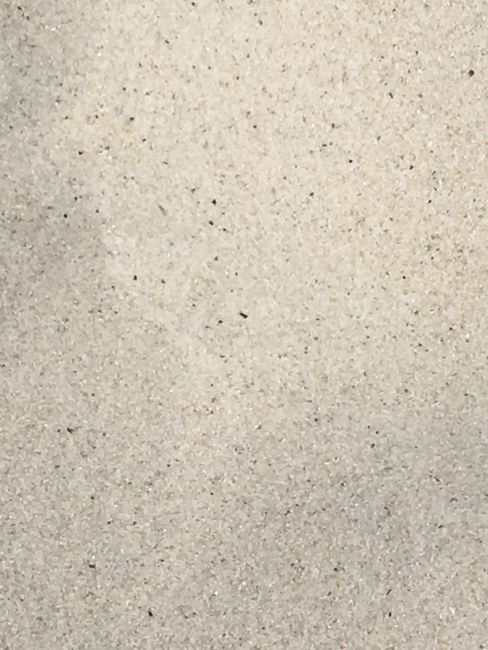
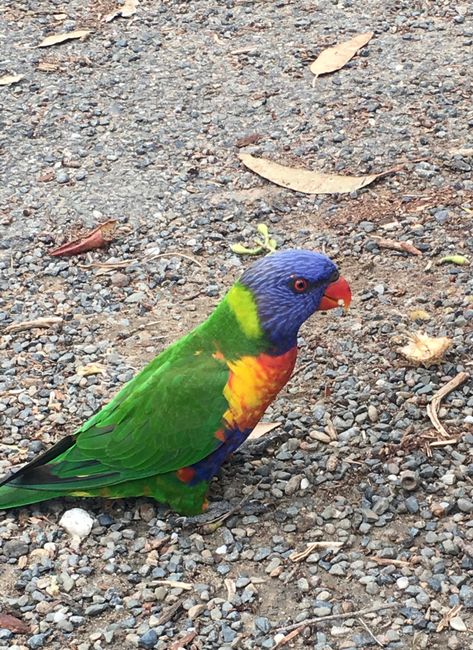
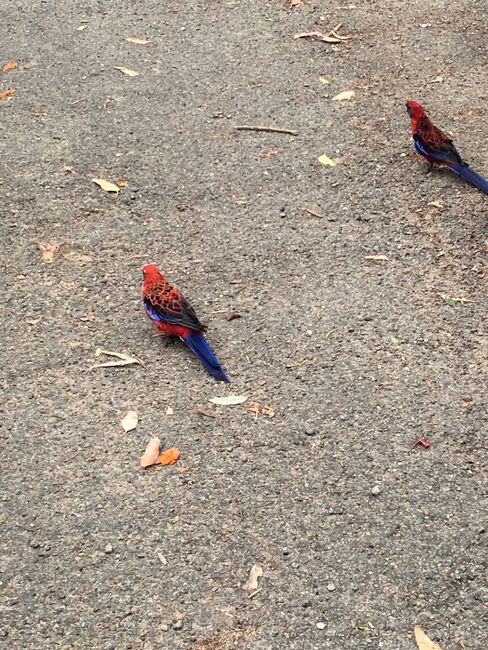
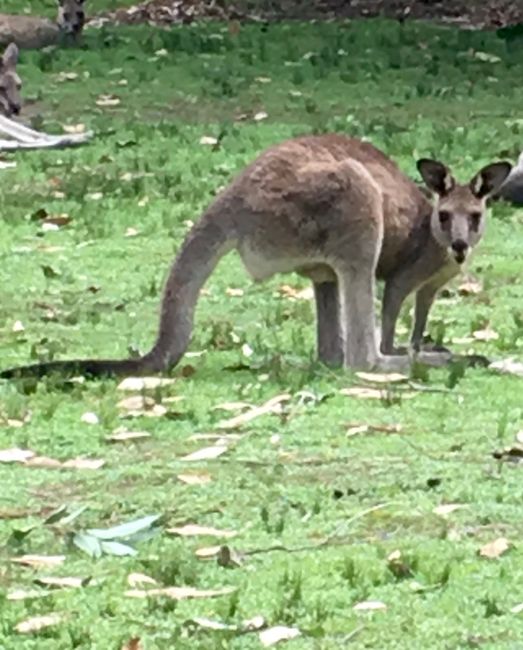
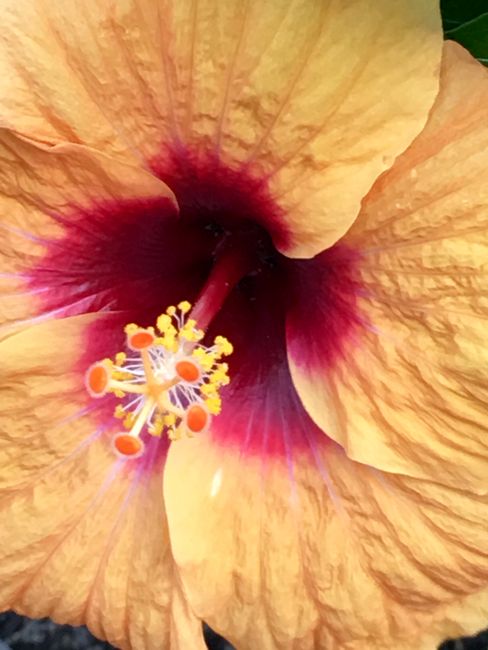
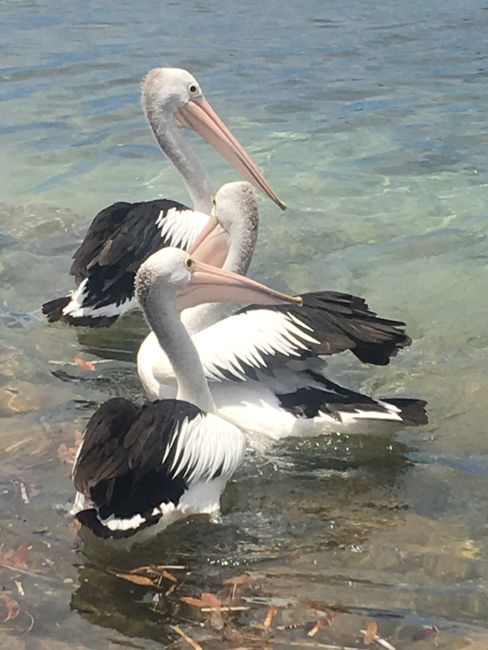
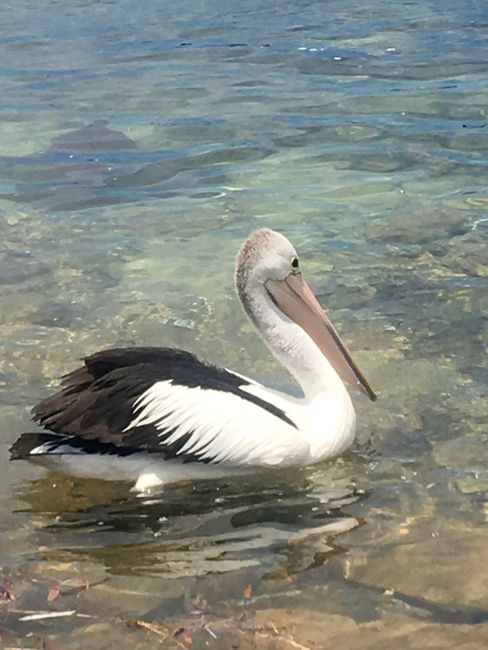
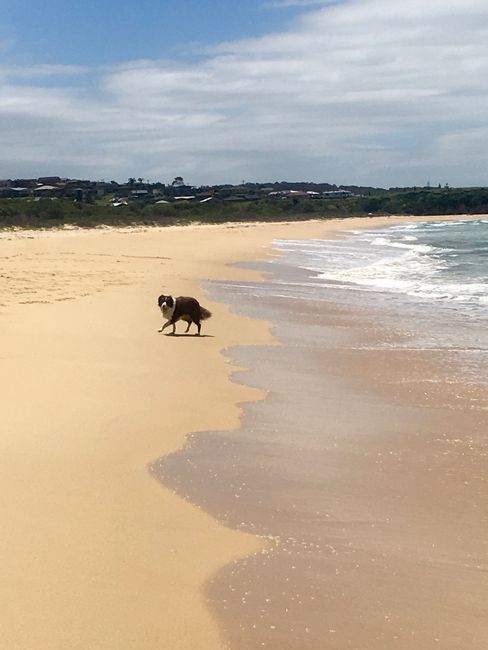
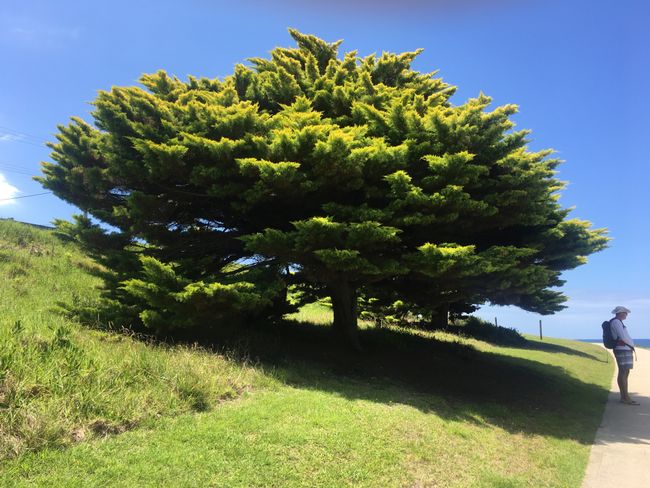
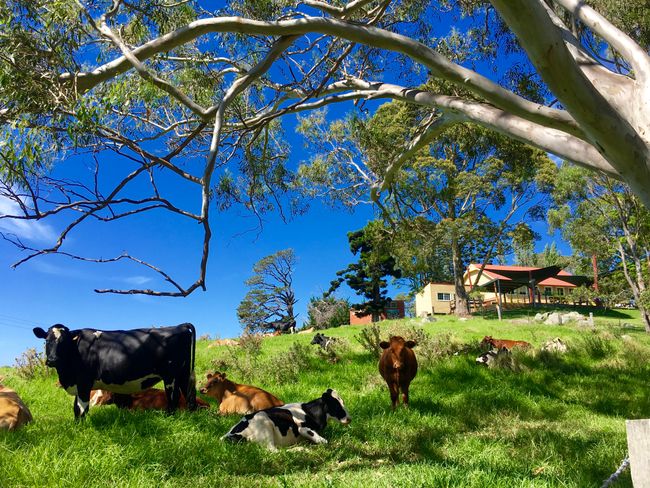
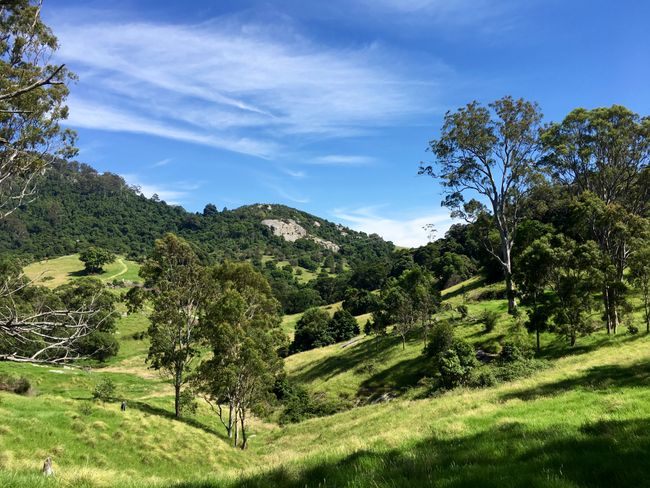
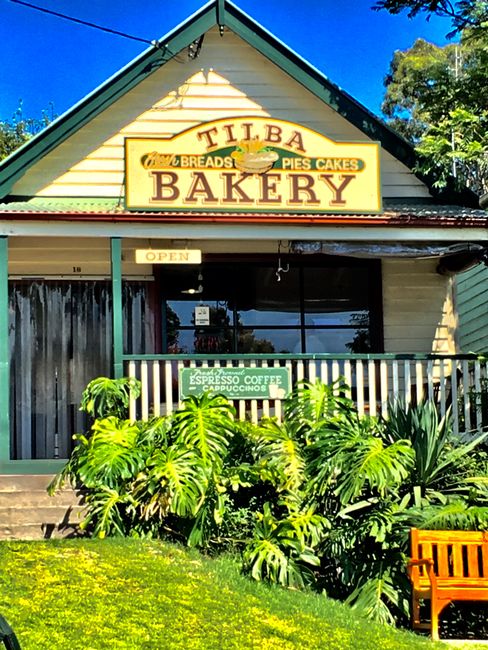
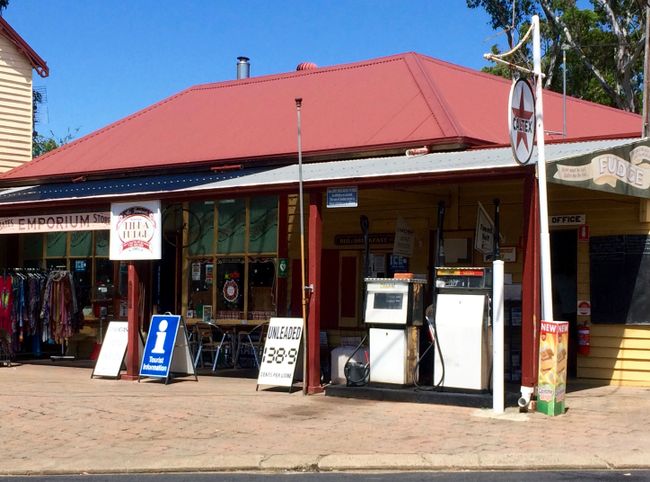
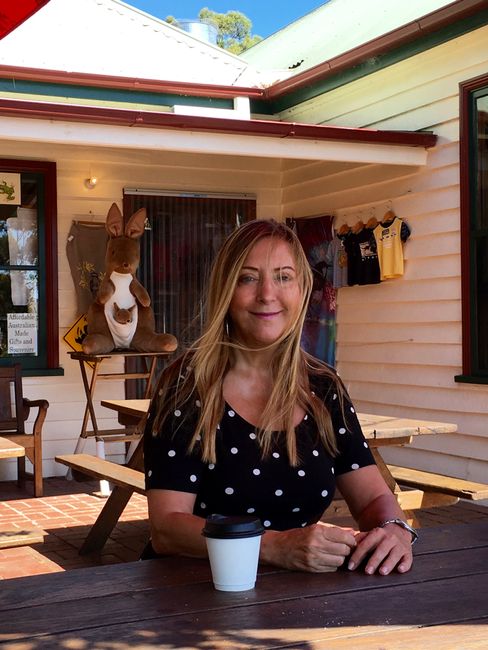
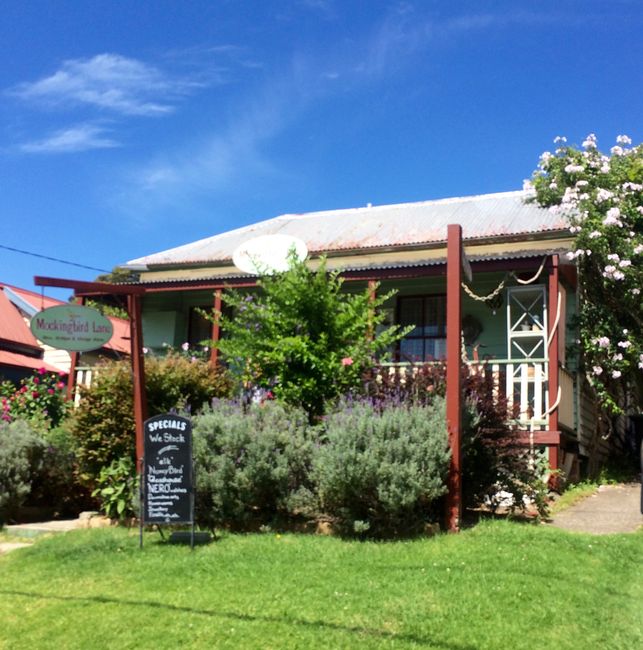
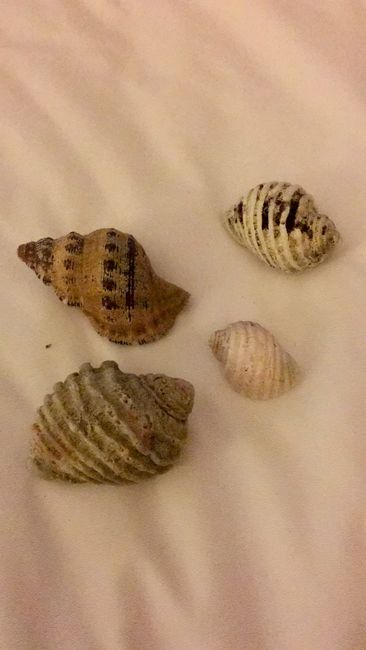
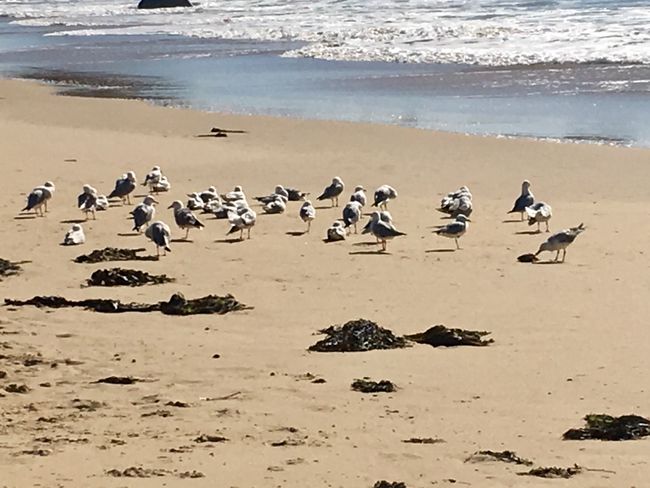
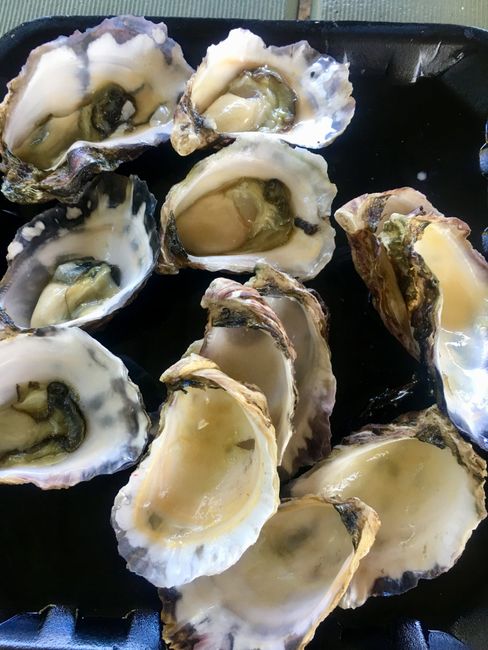
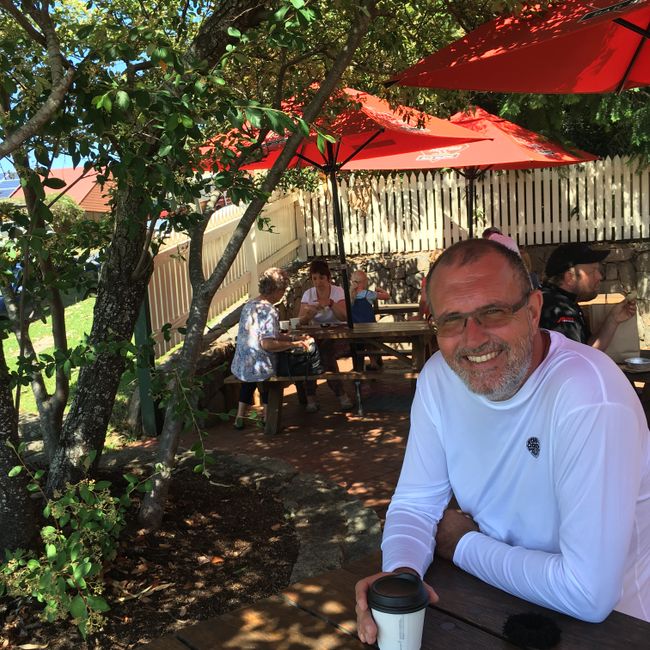
Претплатете се на билтенот
On New Year's Day, we set off to the city by bus. During this tour, we encountered some surprising impressions. With Darling Harbour and the skyscrapers in sight, we arrived in neighborhoods with red brick buildings that invite you to linger in various pubs and restaurants. The largest Catholic cathedral, St. Mary's, is also located in the old center of Sydney. It is the contrasts of modern and old that make up these big cities. In just 15 minutes, you can immerse yourself in a completely different environment - depending on your mood. On January 2nd, we took over our rental car to head south. In true European style, Europeans drive Europeans, so we chose a Fiat Punto. A little more openness to the world would do us Europeans good sometimes. On our drive, we visited some beautiful places. First, we went to the Royal National Park south of Sydney. It quickly becomes clear that the climate is much milder compared to Western Australia. It is much greener, hillier, and incredibly vast. Kilometers of forest and chirping crickets. Even in the numerous national parks, there are always opportunities to freshen up in the Pacific. The Blowhole - through which, depending on the weather, a fountain up to 80 meters high shoots up due to the waves - showed its gentle side due to the consistently booked good weather for our trip. We stayed overnight in Nowra, a B&B decorated in Victorian style. We especially liked the bathtub with legs. Kangaroos on the beach was also a great experience. In Jervis Bay, we took a beach walk. In and of itself, nothing special, but it is said to be the whitest sand in the world lining the shore here. If we discover an even whiter one, we will gladly come back to this point. Due to the high quartz content in the sand, when walking, it sounds like you are walking on rubber granules. These beaches are also called Squeaky Beach. By now, we have already seen numerous wild kangaroos. Apparently, they prefer the much friendlier climate of the East Coast as well. We continued through a hilly, lush landscape to Narooma. We stayed overnight in a motel on a hill overlooking the bay. For breakfast, we observed king parrots, superb fairywrens, bush pigeons, and cockatoos. On our walk - yes, daily steps of 10-15,000 are a must - we also encountered pelicans, which were flanked under the water by an imposing stingray near the shore. We continued to Tilba, a well-preserved and well-maintained former gold mining town. It consists of two parts - so to speak, Lower Tilba and Upper Tilba - and was founded by two brothers in the late 19th century. Landscape-wise, we are now in a huge Appenzell with pleasant temperatures, practically surrounded by houses and palm trees in the forest. Via Pambula, which is known for its excellent oysters in Australia, we have now landed in Mallacoota. Here, we treat ourselves to a 2-day break before slowly heading to Melbourne.
Претплатете се на билтенот
Одговори
